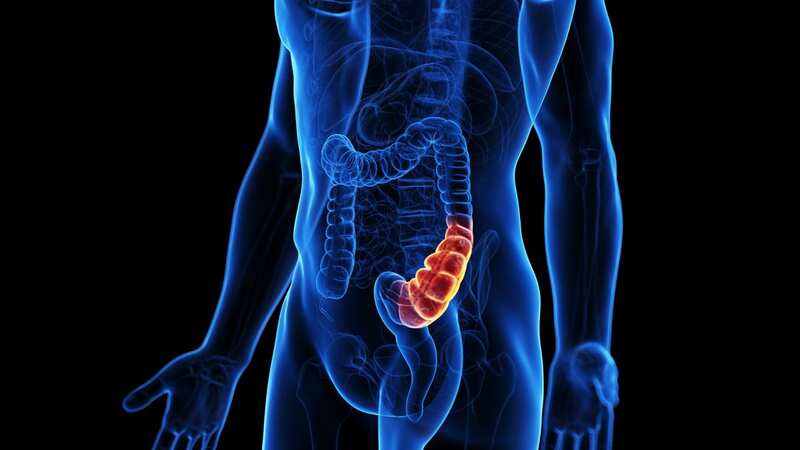

Around one in every seven UK adults suffers with constipation at any one time - so that's a lot of us!
It's an extremely common problem, which can cause much physical discomfort, with individuals often experiencing abdominal pain and cramping as their intestines struggle to move the hardened stool along. This discomfort can range from mild to severe, and it can often leave us feeling bloated and lethargic.
The unpleasant sensation of fullness and pressure in the abdomen can be persistent, making it difficult to find relief. Constipation - which is classed as either less than three times a week or simply less frequently than you are used to - can also have a significant impact on our mental well-being.
If you can't see the poll, click here
On average, most of us poo anywhere between three times a day to three times a week. But what can disrupt this rhythm? Well, quite a lot unfortunately. A change in diet, not taking enough exercise, medication and depression are all factors in constipation. An article, published by Medical News Today, shared seven foods and drinks that should help you get back on track.
 Dr Michael Mosley shares exercise that can cut cholesterol and blood pressure
Dr Michael Mosley shares exercise that can cut cholesterol and blood pressure
Seven things to eat and drink to relieve constipation
Probiotics
Probiotics are live microorganisms, typically bacteria or yeast, that offer numerous health benefits when consumed in adequate amounts. Often referred to as 'good' or 'friendly' bacteria, probiotics are similar to the beneficial microorganisms naturally found in the human gut.
They play a crucial role in maintaining a healthy balance of gut bacteria, which is essential for optimal digestion, nutrient absorption, and overall well-being. A 2017 review revealed that probiotics could improve constipation by up to 40 per cent compared with a placebo. Examples of some probiotics include yoghurt, kefir and sauerkraut.
Olive and flaxseed oils
Both olive and flaxseed oils are known to have a gentle laxative effect which can help to ease intestinal flow. They also possess compounds that improve digestion and have anti-inflammatory, antioxidant and antibacterial properties.
Pulses
Pulses are a type of legume that includes various edible seeds harvested from pods. Common types of pulses include beans, lentils, chickpeas, and peas.
They are highly nutritious, rich in protein, fibre, vitamins, and minerals, making them an essential part of a balanced diet, particularly for vegetarians and vegans The British Heart Foundation says they can aid weight loss and help protect against bowel cancer.
High-fibre fruits
An extremely common cause of constipation is not eating enough fibre. This plays a crucial role in maintaining digestive health by promoting regular bowel movements and preventing getting 'bunged up'.
Additionally, a high-fibre diet has been linked to various health benefits, including reduced risk of heart disease, improved blood sugar control, and weight management. Medical News Today recommends apples, pears, kiwifruit, grapes, blackberries, prunes and raspberries to help constipation.
Fibrous vegetables
Vegetables high in insoluble fibre can go some way to promoting more regular bowel movements. Some vegetables high in soluble fibre include sweet potatoes, Brussels sprouts, broccoli and carrots.
Whole wheat bread, cereals, and pasta
All three of these are a great source of fibre. It is advised to not overcook them so you can extract more nutrients.
Water
This is a real biggie! Not drinking enough fluids is a massive cause of constipation, so upping your water intake or intake of any liquids should definitely help. The NHS recommends drinking six to eight glasses of fluid a day.
 Supermarket expert shares little-known box trick that makes veg look 'fresher'
Supermarket expert shares little-known box trick that makes veg look 'fresher'
When to see a doctor about constipation
You should speak to your GP if you:
- Are constipated and it's not getting better with treatment
- Are regularly constipated
- Are regularly bloated
- Have blood in your poo
- Have lost weight without trying
- Are constipated and feel tired all the time
- Are taking medicine that's causing constipation – such as opioid painkillers
- Notice sudden changes in the how you poo (your bowel habits)
- Have tummy pain.